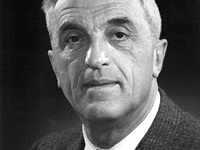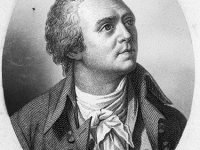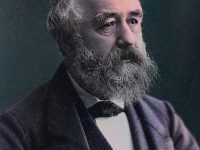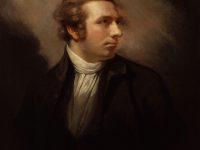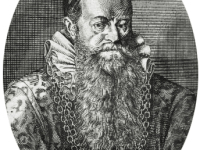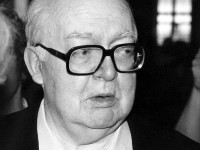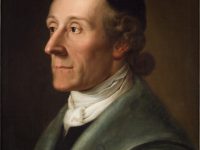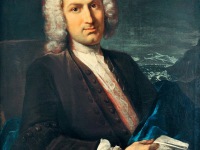Felix Bloch and the Nuclear Magnetic Resonance Method
On October 23, 1905, Swiss-born American physicist Felix Bloch was born. He is best known for his investigations into nuclear induction and nuclear magnetic resonance, which are the underlying principles of MRI. He was awarded the 1952 Nobel Prize in Physics for developing the nuclear magnetic resonance (NMR) method of measuring the magnetic field of atomic nuclei. “While I am certainly not asking you to close your eyes to the experiences of earlier generations,…
Read more

